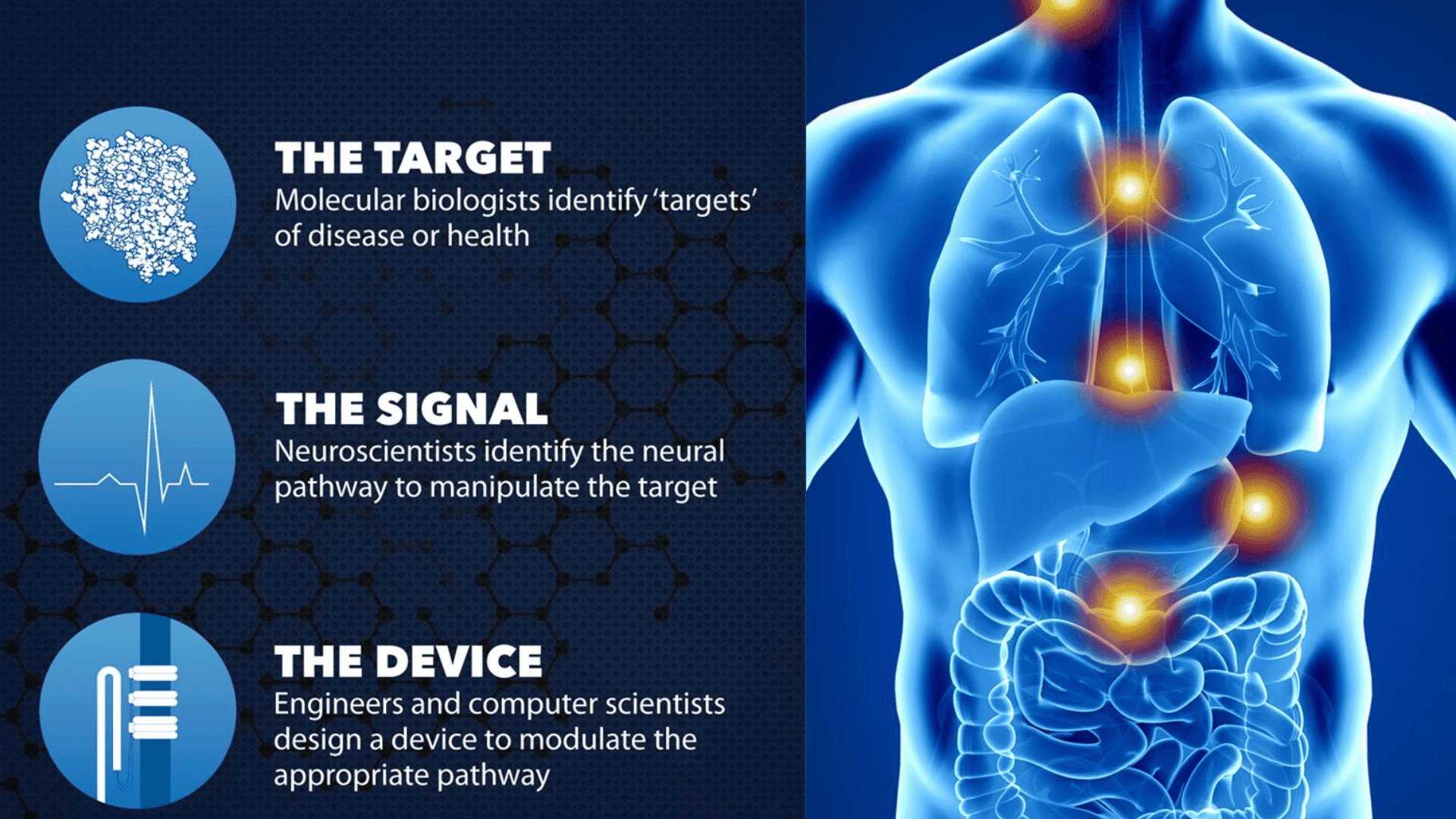Bioelectronic medicine is a groundbreaking approach to healthcare. It’s an exciting field at the intersection of molecular medicine, neuroscience, and bioengineering. This innovative medical approach utilizes advanced device technology to monitor and manipulate the body’s electrical activity within its nervous system.
Bioelectronic medicine opens up opportunities for real-time diagnostics and treatment. The Feinstein Institutes for Medical Research are at the forefront of this practice. Their work involves the development of effective and safe therapies with fewer adverse effects.
Biomedicine Could Be the Future of Medicine

The foundation of bioelectronic medicine at the Feinstein Institutes for Medical Research rests on two primary discoveries. First, reports say that inflammation is a central factor in nearly all diseases, from cancer to diabetes. Second, it was discovered that this inflammation can be controlled via the vagus nerve, which is essentially the body’s main neural “highway.”
The institute’s extensive research in molecular biology has apparently created a way of observing and decoding these brain signals. This capability not only allows for the control of inflammation but also potentially the prevention of disease before full manifestation.
Arguably, the most promising aspect of bioelectronic medicine is its potential to enhance and, in some cases, even replace traditional medicines, which are often painfully costly and debilitating. Evidently, this new therapy can change the way we manage a range of diseases, such as rheumatoid arthritis, Crohn’s disease, diabetes, paralysis, bleeding, and cancer.
Because the vagus nerve also regulates the immune system, more and more scientists are reportedly becoming convinced that bioelectronic medicine is the future of medicine. Although one of its cofounders, Dr. Kevin J. Tracey, does not believe bioelectronic implants will be a panacea, he is reportedly convinced this new field has promise for adding a significant amount of time to human life expectancy in our lifetime.
Tune in to Science Channel to watch “Revolutionary Research” at 10 AM ET on Saturday, August 23rd!







